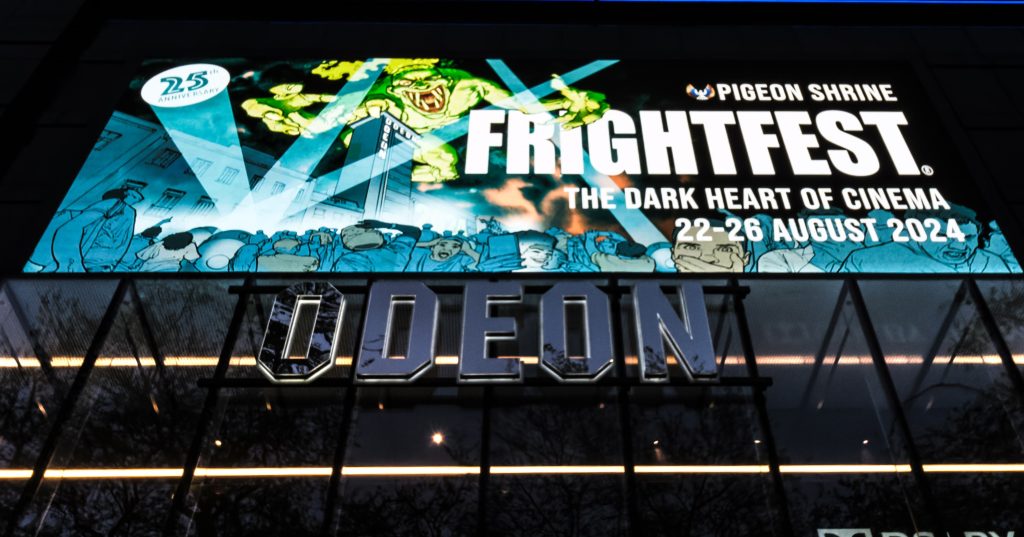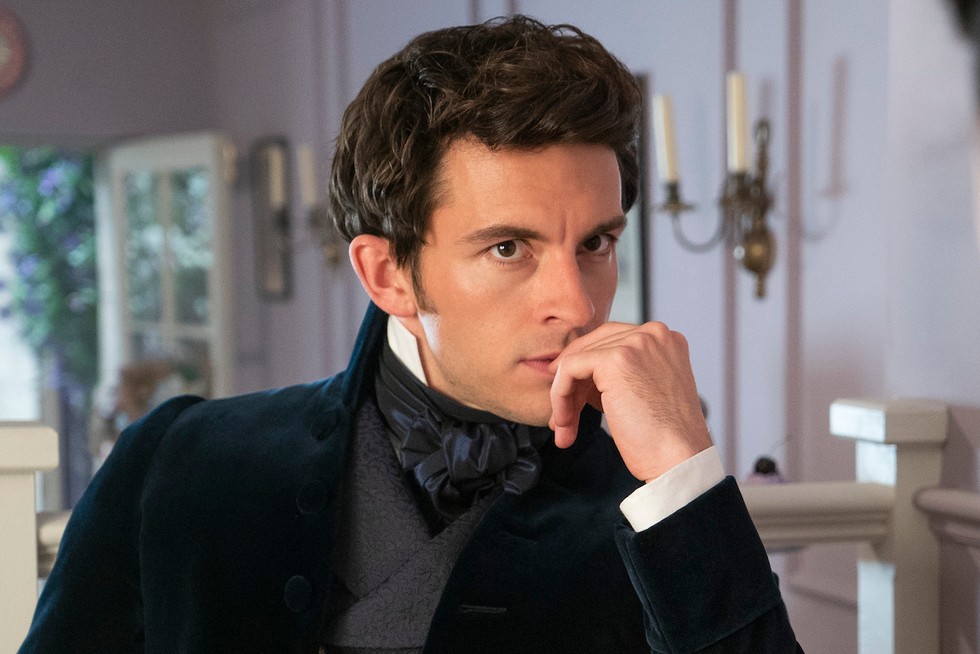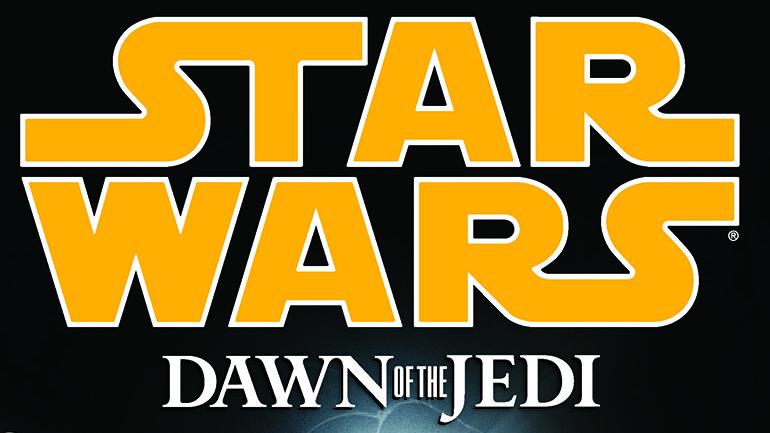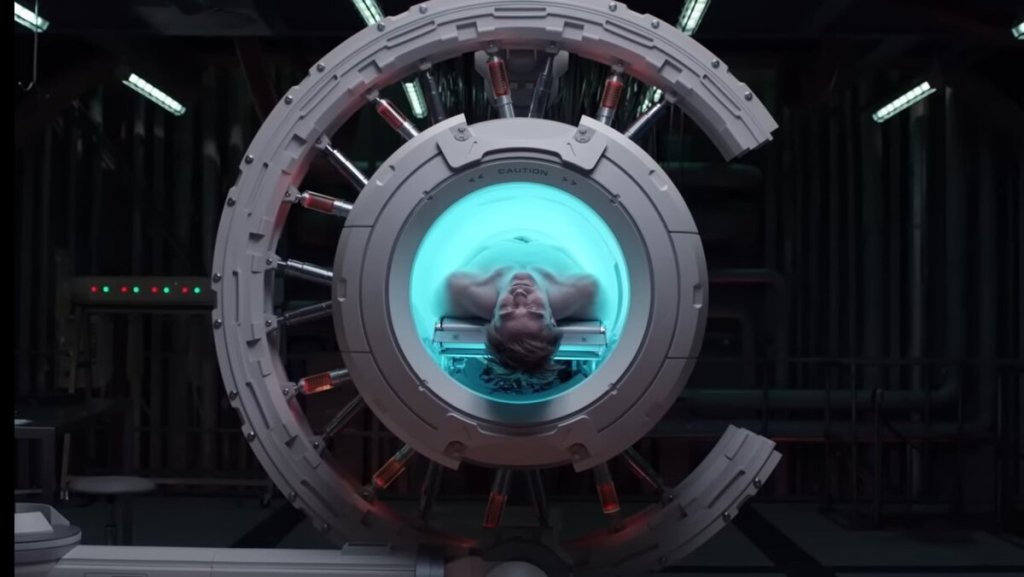After Maude collapses while studying medicine in Germany, she begins having nightmares that seem to be telling her where to find her twin sister Cleo, missing for a year and presumed dead. After returning home to Australia and discovering that Cleo’s fiancée is seeing the same things, and that the police officer investigating her disappearance has become obsessed with solving the case, the three of them embark on a search to uncover the truth.
Some films are made incoherent through bad filming, writing or editing choices, while others are purposefully disjointed with the intent of making you question what is and isn’t real. Rabbit is most definitely one of the second kind.
Despite being an amalgamation of familiar parts (psychic twin link, women running through woods, cryptic allusions, creepy cult) they fuse together into something far more distinctive than their familiarity would suggest, and considerably more unsettling. The rural compound where Maude ends up has all the silent subjugation of a cult, and while it’s clear that there’s something very wrong going on, being unable to figure out exactly what it is amplifies the atmosphere of banally evil oppression. The emptiness of the Australian wilderness has seldom looked so beautifully threatening, the wide desolation paradoxically feeling claustrophobic.
The story progresses with the logic of a dream, often seeming like not enough has occurred to warrant the switching from one scene to the next, the fragmented flow inexorably dragging us with it whether we like it or not, as though the whole film is an extension of one of Maude’s nightmares from which she never awoke. It keeps the audience as confused as she is over the twisting perception of reality, never sure which aspect of what’s being experienced can be trusted.
The soundtrack is internationally intrusive, a little too loud and distorted to be merely supplemental to a scene, as though it’s purposefully preventing you from being able to properly take in what you’re seeing, forcing you to experience the same sense of permanent disorientation that Maude is enduring. That said, even as the noise remains distracting you gradually become acclimatised to it, rendering any silences somehow even more sinister, while a key scene features what is almost certainly the most beautiful rendition of a Rammstein song you’ve ever heard or ever will.
It’s a little frustrating that what’s actually going on remains too vague for much of the film, and when the intended themes are made clear you’re left with the feeling there should have been more exploration into them. Rabbit is an engrossing headscrew of a film, and while its narrative distortion is a part of what makes it so compelling, at the same time a little more focus on what it’s trying to say could have made it even more so.
RABBIT / CERTIFICATE: TBA / DIRECTOR: LUKE SHANAHAN / SCREENPLAY: LUJE SHANAHAN / STARRING: ADELAIDE CLEMENS, ALEX RUSSELL, VEERLE BAETENS, JONNY PASVOLSKY, CHARLES MAYER / RELEASE DATE: TBA








